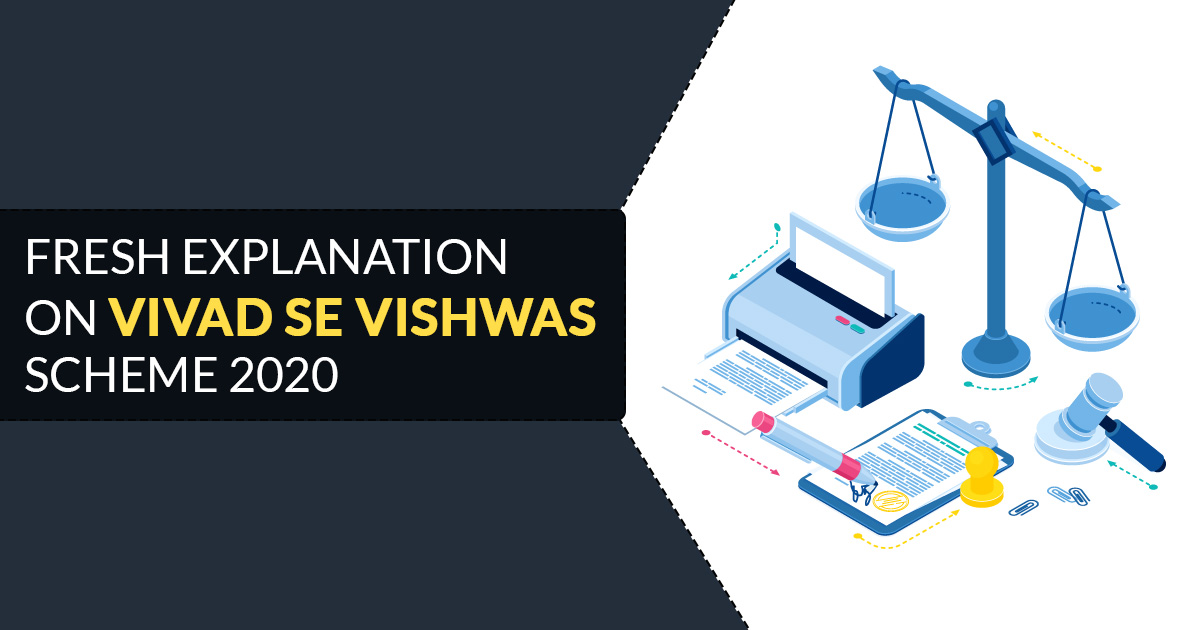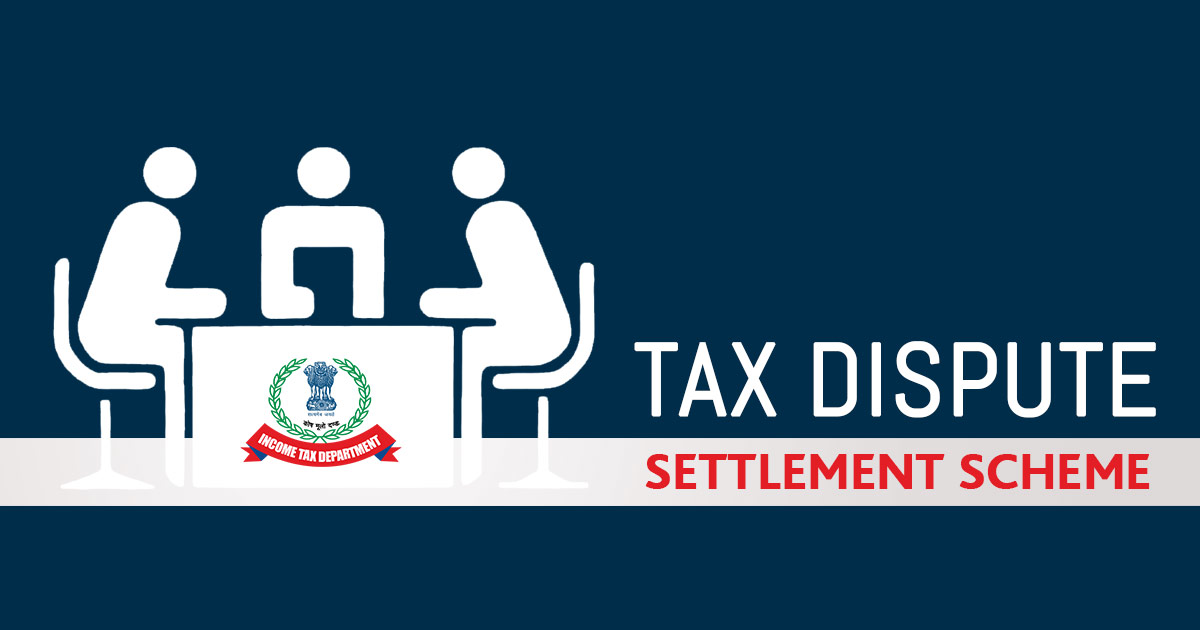
In response to several representations received by The Central Board of Direct Taxes (CBDT) for seeking clarification on the ‘search case’ mentioned in the Vivad Se Vishwas Act 2020, CBDT has examined the aforesaid provision and issued proper clarifications on the same.
As per CBDT, search case includes within its purview either assessment or reassessment as per section 143(3)/ 144/ 147/ 153A/ 153C/ 158BC of the Income Tax Act. and the person taken into consideration is referred as per section 153A or section 153C or section 158BC or section 158BD of the aforesaid Act. Search is initiated as per section 132 or request made as per section 132A of the Income-tax Act.
“In addition, FAQ no.70 of circular 21/2020 has clarified the eligibility for search cases under Vivad Se Vishwas Act, 2020”. If the assessment order has been framed under section 143(3) or Section 144 of the Income-Tax Act based on the search executed in some other taxpayer’s case, it is to be considered as a ‘search case’ under “Vivad se Vishwas Act 2020”.
Furthermore, sections 10 and 11 of “Vivad Se Vishwas Act 2020 